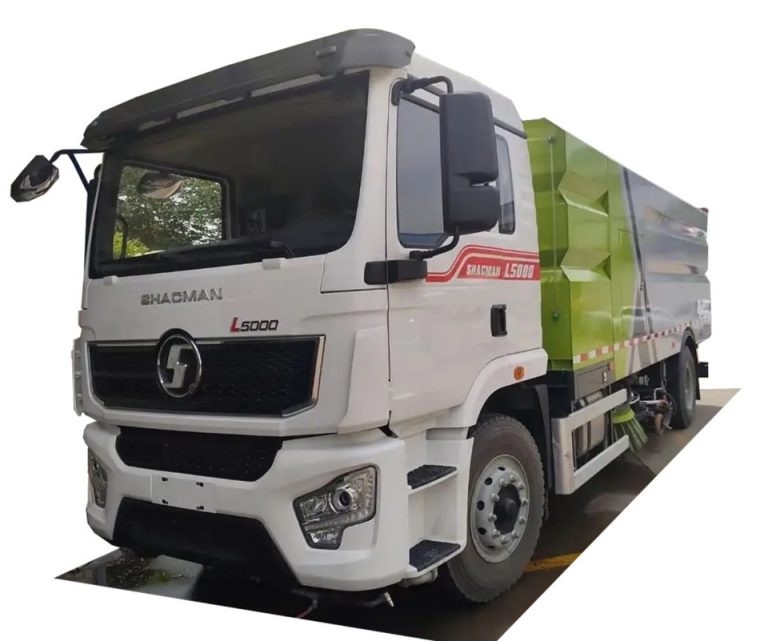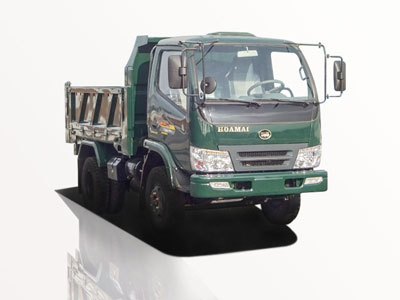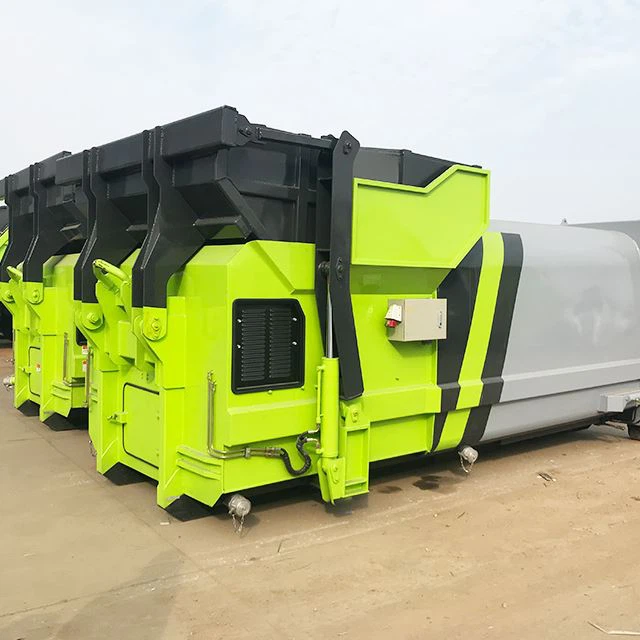10 ton trucks are essential vehicles in various industries, providing the carrying capacity needed for heavy loads. This article delves into the specifications, types, benefits, limitations, and best practices related to 10 ton trucks, helping you understand their significance in logistics and transportation.
What is a 10 Ton Truck?
A 10 ton truck, as the name suggests, is a commercial vehicle designed to carry loads of up to 10 tons (or 20,000 pounds). These trucks are typically used for freight transport, construction materials, and other heavy-duty tasks. They can be found in various configurations, including flatbed, box trucks, and refrigerated options.
Specifications of a 10 Ton Truck
| Specification | Description |
|---|---|
| Payload Capacity | Up to 10,000 kg (22,046 lbs) |
| Engine Type | Diesel or gasoline engines available |
| Wheelbase | Varies by model, typically between 4m to 6m |
| Transmission | Manual or automatic options |
| Dimensions | Length: 6 to 9 meters; Width: 2.5 meters; Height: 2.5 to 3.5 meters |
Types of 10 Ton Trucks
There are several types of 10 ton trucks available, each catering to specific needs:
Flatbed Trucks
Flatbed trucks have a flat cargo area with no sides or roof. They offer easy loading and unloading, making them ideal for construction materials and oversized items.
Box Trucks
Box trucks, also known as cube trucks, have an enclosed cargo area. They are perfect for transporting goods that need protection from the elements.
Refrigerated Trucks
Refrigerated trucks, or reefer trucks, are designed to haul perishable items. They maintain a controlled temperature, ensuring the freshness of the cargo.
Dump Trucks
Dump trucks are ideal for transporting loose materials like sand, gravel, and dirt. They can easily unload their cargo by tilting their bed.
Benefits of Using a 10 Ton Truck
High Payload Capacity
The primary advantage of a 10 ton truck is its capacity to transport heavy loads while remaining legally compliant on public roads. This makes them an optimal choice for businesses requiring frequent heavy lifting.
Versatility
10 ton trucks are versatile and can be used in various industries, including construction, agriculture, and logistics. Depending on the type of truck, they can handle a plethora of cargo including bulky building materials, agricultural products, and furniture.
Cost-Effective Transportation
By utilizing a 10 ton truck, businesses can save costs on transportation. These trucks can carry large amounts of cargo at once, reducing the number of trips needed and therefore lowering fuel and labor costs.
Enhanced Safety Features
Modern 10 ton trucks come equipped with advanced safety features, such as anti-lock braking systems and stability control, ensuring safer transportation of heavy loads.
Limitations of 10 Ton Trucks
Licensing Requirements
Driving a 10 ton truck usually requires a special commercial driver’s license (CDL). This can be a barrier for businesses looking to hire drivers.
Higher Operating Costs
While 10 ton trucks can save costs on transportation, operating them can be expensive due to higher fuel consumption, maintenance costs, and insurance premiums compared to lighter vehicles.
Parking and Maneuverability Issues
10 ton trucks can be harder to park and maneuver, especially in urban environments. This can complicate deliveries and increase the time spent on the road.
Maintenance Tips for 10 Ton Trucks
Regular Inspections
Conduct regular inspections on key components such as brakes, tires, and lights to ensure safety and performance. Keeping an inspection schedule helps prevent unexpected breakdowns.
Oil Changes
Change the engine oil regularly according to the manufacturer’s recommendations to keep the engine running smoothly. Dirty oil can lead to engine damage over time.
Tire Maintenance
Check tire pressure and tread depth regularly. Properly inflated tires not only enhance safety but also improve fuel efficiency.
Cleaning
Keep the exterior and interior of the truck clean to prevent rust and maintain overall vehicle aesthetics. Additionally, removing dirt and debris from the engine compartment can improve cooling efficiency.
Practical Examples of 10 Ton Truck Use Cases
Construction Projects
In construction, 10 ton trucks are commonly used to transport materials such as concrete, steel beams, and heavy machinery. For instance, a construction company might use a 10 ton dump truck to efficiently move gravel for a building foundation.
Agricultural Transport
Farmers utilize 10 ton trucks to relocate crops, feed, and equipment between fields and storage areas. A farmer may use a box truck to transport harvested produce to a market.
Furniture Delivery
Furniture companies often employ 10 ton trucks for delivering large items such as sofas and beds. A 10 ton truck provides enough space for multiple pieces without damaging them during transit.
Choosing the Right 10 Ton Truck for Your Needs
Consider Your Load Requirements
Evaluate the maximum weight and type of cargo you plan to transport when selecting a truck. This ensures that you choose one that meets your capacity needs without exceeding weight limits.
Evaluate Truck Types
Determine which type of 10 ton truck suits your business most effectively. For cold chain logistics, a refrigerated truck may be necessary, while construction could require a dump truck.
Budget Considerations
Account for not only the purchase price but also operating and maintenance costs. Often, a higher initial investment in a more reliable model can save money in the long run.
Regulations and Compliance
Understanding Weight Limits
Each region has specific weight limits for trucks on public roads. Familiarize yourself with these limits to avoid fines and ensure safety.
Insurance Requirements
Having adequate insurance is necessary when operating a 10 ton truck. This protects your business and ensures compliance with local laws.
Frequently Asked Questions (FAQ)
1. What kind of license do I need to drive a 10 ton truck?
To operate a 10 ton truck, usually a Commercial Driver’s License (CDL) is required, which varies depending on your country or state regulations.
2. How often should I maintain my 10 ton truck?
Routine maintenance checks should be scheduled based on the manufacturer’s recommendations, generally every 5,000 to 7,500 miles for oil changes, and regular inspections for safety checks.
3. What types of cargo can I transport with a 10 ton truck?
A 10 ton truck can transport a variety of items, including construction materials, furniture, agricultural products, and more, depending on its design (flatbed, box, refrigerated, etc.).
4. How can I improve the fuel efficiency of my 10 ton truck?
To improve fuel efficiency, maintain proper tire pressure, eliminate unnecessary weight, and ensure regular engine maintenance like oil changes.
5. What are the safety features to look for in a 10 ton truck?
Look for trucks equipped with anti-lock braking systems (ABS), stability control, backup cameras, and lane departure warning systems for enhanced safety during operations.
6. Can a 10 ton truck be modified for specific uses?
Yes, 10 ton trucks can be customized with various attachments or modifications such as hydraulic lifts, partitions in box trucks, or additional shelving for carrying specialized goods.


